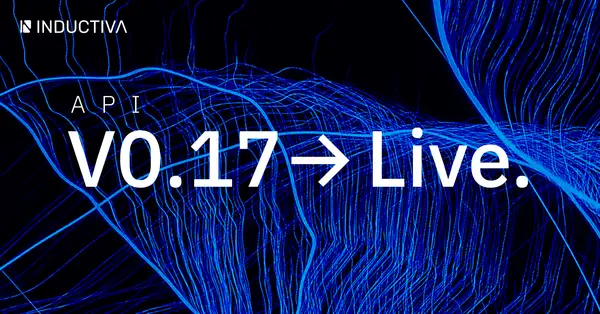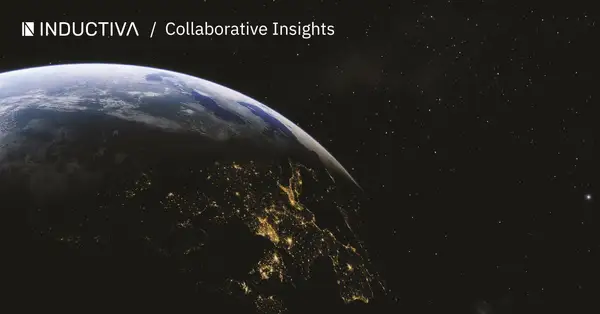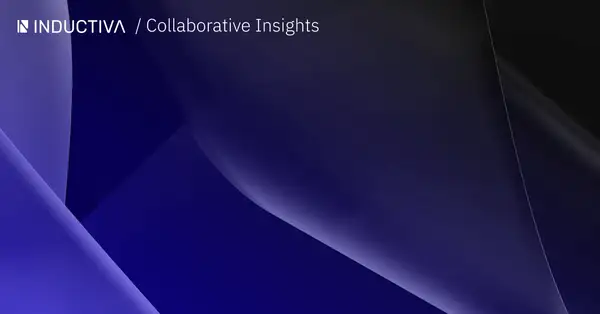Our Insights

July 25, 2025
Engineering the Future of Racing: How cloud-based HPC accelerates design
From CFD bottlenecks to breakthrough results: how Inductiva’s HPC fueled a student team’s electric motorcycle project.
The Inductiva Team
MotoStudent FEUP

July 17, 2025
Benchmarks, Security, Scalability and Alerts
Discover how v0.17 from benchmarks to new simulators delivers stronger performance, smarter insights, and a smoother simulation workflow.
The Inductiva Team

July 17, 2025
Embracing Uncertainty in Fisheries Science with IPMA - Portuguese Institute for the Ocean and Atmosphere
IPMA used Inductiva’s HPC to run 500+ shark stock assessment models in minutes, turning uncertainty into scientific insight.
The Inductiva Team
Rui Coelho (IPMA, Principal Investigator)

July 11, 2025
Advancing a Rocket’s Airbrake System Development Through Scalable CFD Simulations: A Collaboration Between Porto Space Team and Inductiva.AI
Using Inductiva’s HPC, Porto Space Team ran multiple CFD scenarios in parallel, refining their rocket airbrake system fast.
The Inductiva Team
Porto Space Team

July 3, 2025
From Supercomputer to Cloud: A New Era for OpenFOAM Simulations
Explore how Inductiva’s cloud HPC scales OpenFOAM simulations, balancing speed, cost, and resource efficiency up to 768 partitions.
Luís Sarmento

June 23, 2025
The Future of AI is Physical: Simulation is Key
Physical-AI thrives when simulation generates high-quality data, bridging engineering, science, and machine learning workflows.
Hugo Penedones